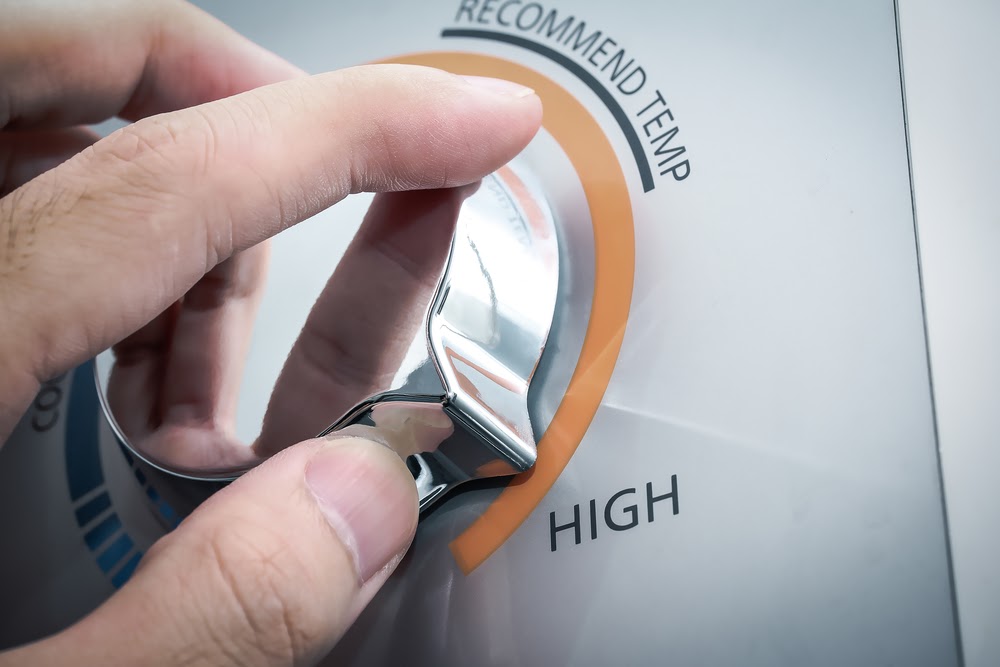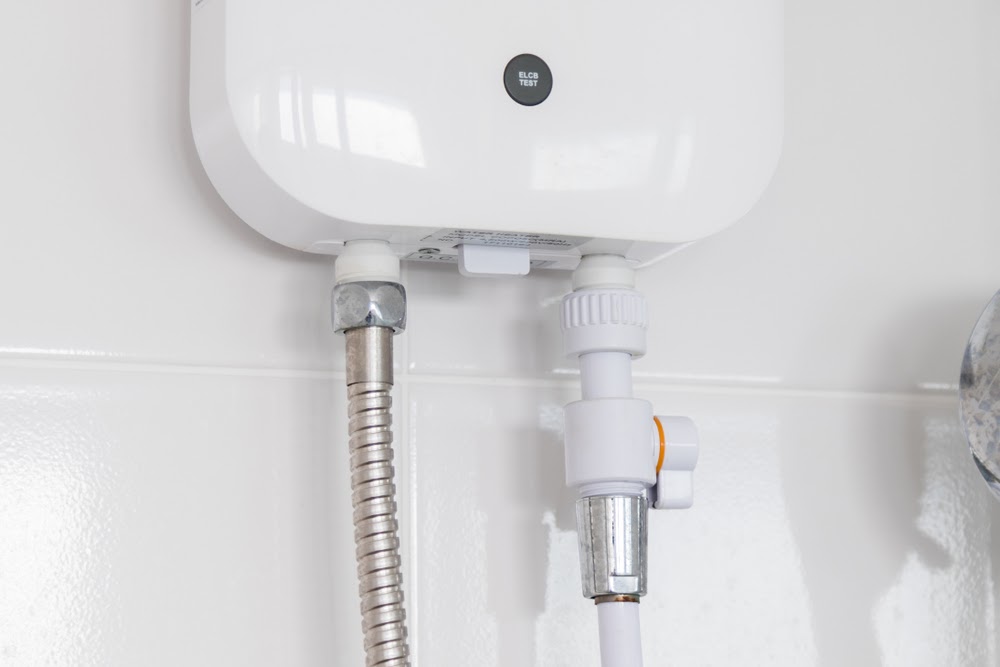An Energy-Efficient Water Heater Won’t Boil the Budget
The water heater in a home is a massive consumer of energy each month. Out of all the household appliances in the home, the hot water heater ranks at the top of the list for energy use; it’s second only to heating and cooling for home energy use However, an energy-efficient hot water heater won’t boil the budget and can save homeowners money each month!
In the market for a new hot water heater? Here’s what you need to know when shopping for an energy-efficient hot water heater.
What is An Energy-Efficient Hot Water Heater?
There isn’t just one type of hot water heater! The Department of Energy explains that there are multiple types of hot water heaters; these types include the conventional storage heater, a water heater without a tank, water heaters that utilize a heat pump, solar heaters, and a tankless variety that uses “…a home’s space heating system to heat water.” All these varieties consume energy differently; some may be more energy efficient than others.

Breaking Down Energy Use
The type of hot water heater that homeowners choose may depend on their preference or maybe their need to lower energy cost. Of course, the budget might play a role, too. Here’s what homeowners need to know about all the different types of hot water heaters…including their energy efficiency.
Conventional Hot Water Heaters
These are the typical cylinder-shaped tall hot water heaters found in many homes. Those cylinders are a tank that stores up to 80 gallons of hot water. Unfortunately, these conventional hot water heaters aren’t the best for saving money or energy.
Tanks are always filling up, so these hot water heaters never really take a break…thus, their energy use issue. However, homeowners can lower costs by minimizing the loss of heat from the tank by choosing hot water heaters that have a thermal resistance (R-Value) of R-12 to R-25.”

Tankless Hot Water Heaters
Obviously, these hot water heaters heat the water without the use of a tank. These hot water heaters only provide hot water as needed, so they’re known as “demand-type or instantaneous hot water heaters.”
Since water isn’t constantly being heated, costs and energy usage may be lower. According to the Department of Energy, “For homes that use 41 gallons or less of hot water daily, demand water heaters can be 24%–34% more energy efficient than conventional storage tank water heaters.”
Homes that go through LOTS of hot water can still save with these hot water heaters. Even better? Savings can be maximized if one of these heaters is installed at each hot water outlet.
Water Heaters that Heat with a Pump
These “heat pump water heaters” use heat pumps to pull heat from the air to the heater. For this reason, they need to be installed in areas of warmth (the Department of Energy mentions the furnace room). The energy savings from these hot water heaters, though, can be substantial. According to EnergyStar, a heat pump water heater can save $350 a year (for a four-person household).

Solar Water Heaters
Let the sun help heat the water in the home! Solar hot water heaters rely on the heat of the sun. However, the Department of Energy explains that they can be used in all climates. And homeowners don’t have to pay for electricity or gas! Free energy! Solar water heaters come in two varieties: direct and indirect circulation systems. Homeowners in mild climates that don’t freeze can choose the direct circulation system, but homeowners with freezing climates should opt for indirect circulation systems (per the Department of Energy).
Other Tankless Varieties and Indirect Hot Water Heaters
There are some tankless varieties that use coils to heat the water. The Department of Energy explains that the water is warmed as it travels through heating coils. There is also another choice—called “an indirect hot water heater”—which uses standard energy methods.
So what is an indirect hot water heater? This type of hot water heater uses a furnace or boiler to help heat the water. The Department of Energy explains that this type of hot water heater saves energy, because it enables the furnace to turn on less frequently.
Saving Energy without Investing in a New Hot Water Heater
For homeowners who do not yet need to upgrade or replace their current hot water heater, there are still many ways to save energy and money.
One of the easiest ways to lower energy costs is to lower the temperature on the hot water heater, which is usually noted as adjusting the water temperature. Consumer Reports explains that while the Department of Energy recommends nudging down the temperature on the hot water heater to 120 degrees Fahrenheit, Consumer Reports doesn’t advise making the adjustment.
Instead, homeowners can make other adjustments. Taking shorter showers, for example, can help reduce water consumption. Wash only full loads of dishes and laundry, too. Also, when washing clothes, opt for cold water (when applicable). However, some clothes need hot water for maximized cleaning (like soiled undergarments, sheets, etc.). Low-flow showerheads and faucets also can add to energy savings!
Homeowners who are in the market for a new hot water heater, however, can research different energy saving options to find the best energy-efficient water heater for their home, hot water usage and their budget!


